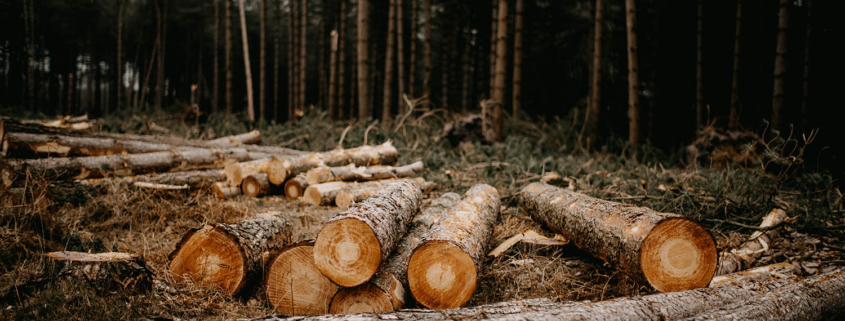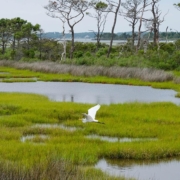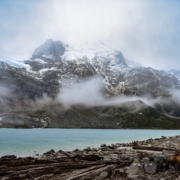Combatting Global Deforestation
Climate change is closely connected to global deforestation. While preventing deforestation has an immediate effect in reducing C02 emissions, reforestation programs often take over twenty-five years to have an impact. In turn, a combination of strategic partnerships across countries and between organizations and Indigenous forest stewards is needed to combat global deforestation.
The world’s forests are carbon sinks, absorbing “a net 7.6 billion metric tonnes of CO2 per year.” Deforestation raises greenhouse gas emissions levels and is detrimental to biodiversity. The United Nations Food and Agriculture Organization (FAO) Global Forest and Resources Assessment 2020 reports that approximately, “420 million hectares of forest were lost due to deforestation between 1990 and 2020.” Furthermore a reforestation report released by McKinsey notes that roughly ten million hectares of land are deforested on an annual basis, for commercial and agricultural purposes. Stopping deforestation has an immediate impact of reducing greenhouse gas emissions.
On June 29, 2023, the European Union (EU) Deforestation Regulation (EUDR) was passed. The new law comes into full effect in December 30, 2024. Under the EUDR, “goods exported or placed on the EU market must… no longer contribute to deforestation and forest degradation in the EU and elsewhere in the world.” These goods include a wide range of pulp and paper products (including books), meat and leather products, chocolate, soybean and soybean products, palm nuts, palm oil and derivative products, wood, and lumber, just to name a few. The impact the EUDR will have on commercial industry is yet to be fully documented; however, a key challenge for governments will be to ensure corporations follow EUDR’s standards for corporate due diligence.
Reforestation and sustainable wildlife management are vital components to combatting global deforestation and protecting the livelihoods and cultures of Indigenous peoples worldwide. For example, the Mbuti Indigenous People who live in the rainforests of the Congo Basin have witnessed both rapid deforestation and the depletion of their Indigenous food supply due to the increase in the commercial hunting and trade of wild meat. The Sustainable Wildlife Management Program, a joint initiative of African, Caribbean and Pacific states, funded by the Democratic Republic of Congo, the European Union and co-financed by several countries, and international organizations, is intended to protect the ecosystems and food security of the Mbuti.
Indigenous Peoples are considered the world’s best forest guardians. For example, in the Amazon, the deforestation of lands under Indigenous tenure is “two to three times lower than outside these areas.” In another example, as stewards and guardians of forests, the McLeod Lake Indian Band in South Mackenzie, British Columbia, planted over six million trees in 2021 and 2022, in partnership with Tree Canada, to reforest areas that were decimated by spruce beetle. According to Tree Canada, this tree planting project – part of their Green Program – “advances natural reforestation by thirty years.” Natural reforestation involves trees renewing through self-seeding or through other methods.
Combatting global deforestation requires multiple approaches, partnerships across countries, and sustained support for Indigenous forest guardianship.
By Leela Viswanathan
(Image Credit: Annie Spratt, Unsplash)

 Annie Spratt
Annie Spratt


 Nikola Johnny
Nikola Johnny